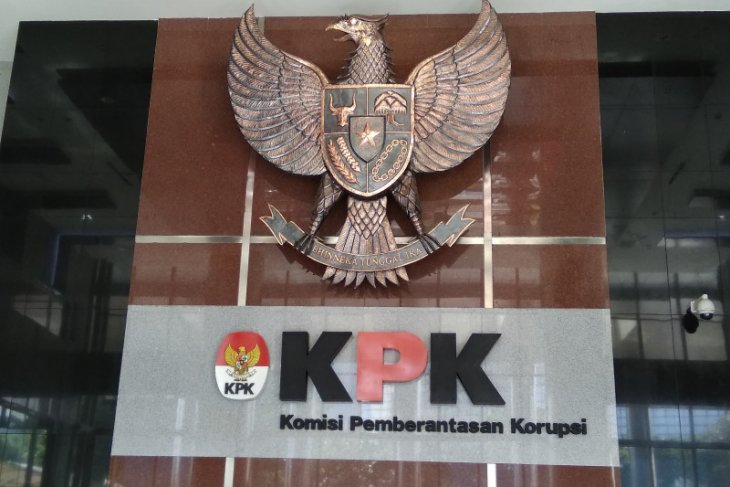Live Streaming
Program Highlight
Company Profile
Corruption Betrays Values of Pancasila: Anti-Graft Body Chief
Written by Ani Hasanah Logo of the Indonesian Corruption Eradication Commission. (ANTARA/Benardy Ferdiansyah)
Logo of the Indonesian Corruption Eradication Commission. (ANTARA/Benardy Ferdiansyah)
Chairman of the Corruption Eradication Commission, Firli Bahiro, stressed that committing corruption was tantamount to betrayal of the values enshrined in the nation's state ideology of Pancasila.
"Bear in mind that daring to commit corruption is equivalent to betraying the values contained in every principle in Pancasila," he noted in a statement received in Jakarta on Monday during the commemoration of the 75th Pancasila Day falling on June 1.
According to the first stipulation of Pancasila, encompassing five core philosophical ideologies of the state, “Belief in God Almighty” translates to fearing corrupt behavior and being hopeful of being spared from the intent, temptation, and acts of corruption, he remarked.
"This is since we are certain that the Almighty is watching our every step, demeanor, and act in this temporary world," he noted.
The ability to restrain one's self from partaking in corrupt behavior for fear of sin makes fair and civilized human beings that falls in line with the second ideology of Pancasila.
"The spirit and implementation of the essence of the first and second precepts can be the goal of the third precept, the Unity of Indonesia, in eradicating the culture of corruption that has taken root in this country," he noted.
The war against corruption must be fought through wisdom as is the essence of the fourth precept of Pancasila.
Bahiro noted that the people would certainly hope, dream, and aspire to eradicate corruption in Indonesia for the sake of social justice for all Indonesians, which is contained in the fifth precept of Pancasila.
"Once again, the meaning, essence, and values of the five points of Pancasila form a unified whole and bind to one another, and their meaning should serve as the basis of life for the nation and state," he noted.
He further remarked that the Commission had recently forged cooperation with several state institutions, including the People's Consultative Assembly (MPR), to engrain and follow the values of Pancasila in the efforts to eradicate corruption.
He believed that Pancasila Day should be interpreted in a bid to eradicate corruption, which should pose a serious concern for all elements of the nation, as corruption clearly violates the basic principles of Pancasila.
"Only by practicing the precepts of Pancasila would the anti-corruption sword blades be able to pierce the latent heartbeat of corruption," he affirmed.
Pancasila, as the basis of the state and the way of life of the nation, as well as the people of Indonesia are noble values that emerged out of the nation's culture.
"Pancasila is not solely for memorization, but we shall practice the noble values enshrined in it," Bahuri emphasized. (ANTARA)



